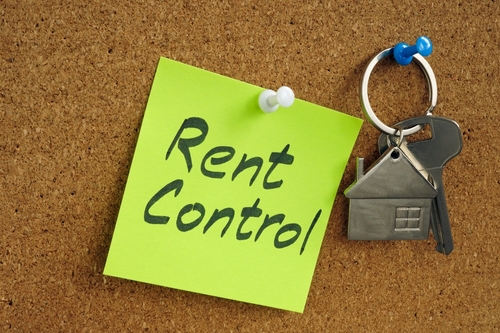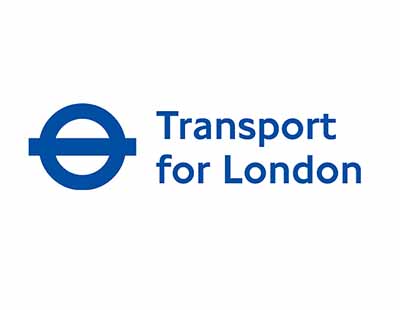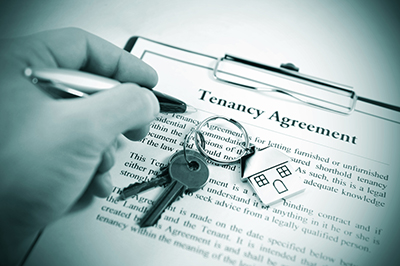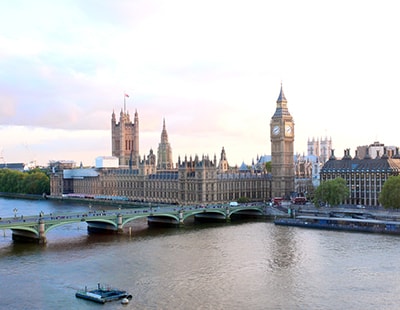
The government has changed the way shared ownership rents can be increased.
This change will apply to the leases of new shared owners who purchase homes delivered through the Affordable Homes Programme and through the planning system via Section 106 developer contributions, with certain exceptions.
It will also apply to the leases of new shared owners who purchase a leasehold interest in their homes through the Right to Shared Ownership.
Shared ownership rents can currently be increased once a year by the Retail Prices Index plus 0.5 per cent.
However, the government has committed to phasing out of usage by the end of the decade.
So in future rents for new shared owners can instead be increased once a year by no more than the Consumer Prices Index plus 1.0 per cent.
The government says this reform brings shared ownership rents into line with the limit that normally applies to annual rent increases in other forms of social housing.
Homes England is also amending the Rent Review schedule of its model shared ownership lease to make it clear that registered providers of social housing have discretion to increase rents by less than CPI plus 1.0 per cent.
The government has also reduced the floor for shared ownership rent increases from 0.5 to 0.0 per cent. This means that rents cannot be increased if CPI is minus 1.0 per cent or lower.













%20-%20IMAGE%20Client%20Accounting%20%E2%80%93%20what%20are%20your%20options.jpg)

.png)

%20(002).png)

%20(002).jpg)



.jpg)







Join the conversation
Jump to latest comment and add your reply
Time the whole industry had tighter controls on greedy landlords.
There are a number of points here:
1. You have to understand that landlords see investing in rental property as an investment and this means that if the rental return is too low, they will sell the property in order to simply get interest on the sales proceeds. The interest will arrive automatically into their bank accounts and they don't have to contend with property maintenance and management. At the moment, the interest on money is significantly greater than the rental return on London property.
2. If landlords set the rent too high, then tenants can't afford it. This obviously creates problems for both landlords and tenants. Furthermore, if the rent is set at too high a price, landlords can't rent their properties. Generally, it is better to receive a lower rent, than leave property empty.
3. Tighter controls on landlords lead them to sell their properties and this means that there are fewer properties available to rent. The smaller the number of properties, the greater the number of applicants per property and the higher the rents on those properties.
@ Ellie Edwards, A good try but you have more chance of getting Corbyn to vote Conservative, than you have of educating SB-R.
I do think that some tenants don't understand that a very good financial return on the money invested in property is possible elsewhere. They believe that the whole rent money should be devoted to providing them with services and providing further property improvements.
Of course, if you decide to continue as a landlord, you have to fulfil your legal obligations, but those obligations have to be reasonable, because if they are not, then it is much better to sell the property.
you mean local authorities /housing association here?
Please login to comment